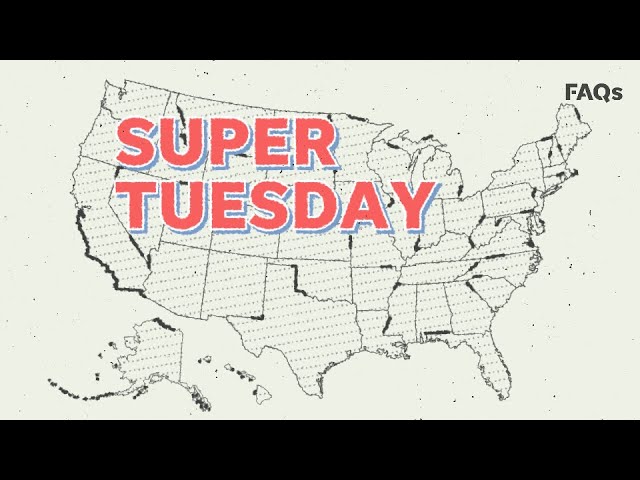For most presidential candidates, Super Tuesday is a "make it or break it" day. Why is that the case? Here's why.
RELATED:
AUSTIN, Texas – Sen. Elizabeth Warren, a Democratic presidential hopeful, hired a Texas campaign director and opened offices in at least five cities in the state. Ads for fellow candidate Michael Bloomberg, in English and Spanish, air endlessly on TVs across the state. College students across Texas campuses register to vote in surprising numbers, readying for a chance to choose the next president.
Texas – long a reliably Republican state and historically neglected by Democratic presidential candidates – suddenly finds itself in unfamiliar territory: a relevant and courted state in the middle of a heated Democratic presidential primary season.
During Super Tuesday on March 3, Texas’ 228 delegates will be up for grabs on a proportional basis – the third-largest delegate count of the primary season, behind California and New York. After the muddled results of the Iowa caucuses, in which technical glitches delayed announcing a winner for several days, some candidates, such as Bloomberg, bet that Texas will catapult them into the running, giving the Lone Star State increased significance.
» Subscribe to USA TODAY:
» Watch more on this and other topics from USA TODAY:
» USA TODAY delivers current local and national news, sports, entertainment, finance, technology, and more through award-winning journalism, photos, videos and VR.
#supertuesday #politics #2020election







First
Rigged elections
awesomely epic
Great! Keep it up! Would you like to be YouTube friends? 🙂
Good video! Keep it up! Would you like to be YouTube friends? 🙂
This a brilliant idea open the poles have all voters infected with the virus